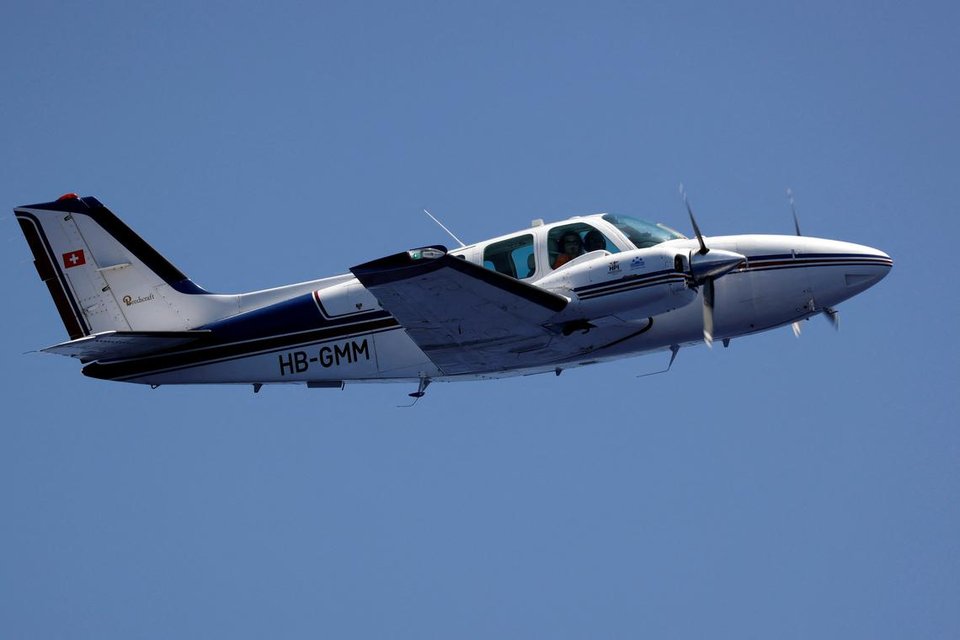Italy has grounded a reconnaissance plane used by German charity Sea-Watch in what marks the first enforcement of new regulations targeting rescue aircraft involved in migrant operations in the Mediterranean. The move has immediately drawn criticism from humanitarian groups who warn that such measures could endanger lives at sea.
The National Civil Aviation Authority (ENAC) confirmed on Friday that Sea-Watch’s Seabird 1 plane had been placed under administrative detention. According to ENAC, the decision followed a report from the Italian coastguard claiming the pilot failed to inform the relevant authorities about an emergency situation at sea.
Sea-Watch condemned the detention, describing it as “a new escalation in the Italian government’s fight against civilian human rights observation in the Mediterranean.” The group argued that its aircraft plays a vital role in spotting overcrowded or distressed boats, allowing rescue teams to respond more quickly.
The action comes under tighter migration control rules introduced last year by Prime Minister Giorgia Meloni’s government. The regulations expanded previous restrictions on charity rescue ships to also cover charity-operated aircraft. The government insists the measures are necessary to improve coordination with official agencies and prevent what it calls “abuses” in rescue operations. However, many NGOs argue these rules severely limit their ability to save lives.
This raises a crucial question: Will grounding NGO aircraft save lives or cost them? The Italian government believes the crackdown will help regulate sea operations and stop smugglers, while rights groups say it will leave vulnerable migrants without timely assistance, increasing the risk of fatalities.
Under Meloni’s leadership, Italy has already temporarily halted dozens of charity-operated rescue vessels. Authorities have accused NGOs of indirectly cooperating with people smugglers by bringing more migrants to Italian shores — an allegation the charities strongly reject. Sea-Watch says its work is purely humanitarian and independent of any smuggling activity.
In response to the grounding, Sea-Watch said it is considering legal action and has deployed another aircraft to continue its monitoring operations over the Mediterranean. The organization stressed that its missions are crucial in identifying boats in danger, particularly in the search and rescue zone off the Libyan coast where many migrant journeys begin.
For now, the grounding of Seabird 1 signals a tougher phase in Italy’s migration policy, with NGOs warning that the move could set a precedent for wider restrictions on humanitarian search and rescue efforts in Europe’s busiest migrant crossing route.

